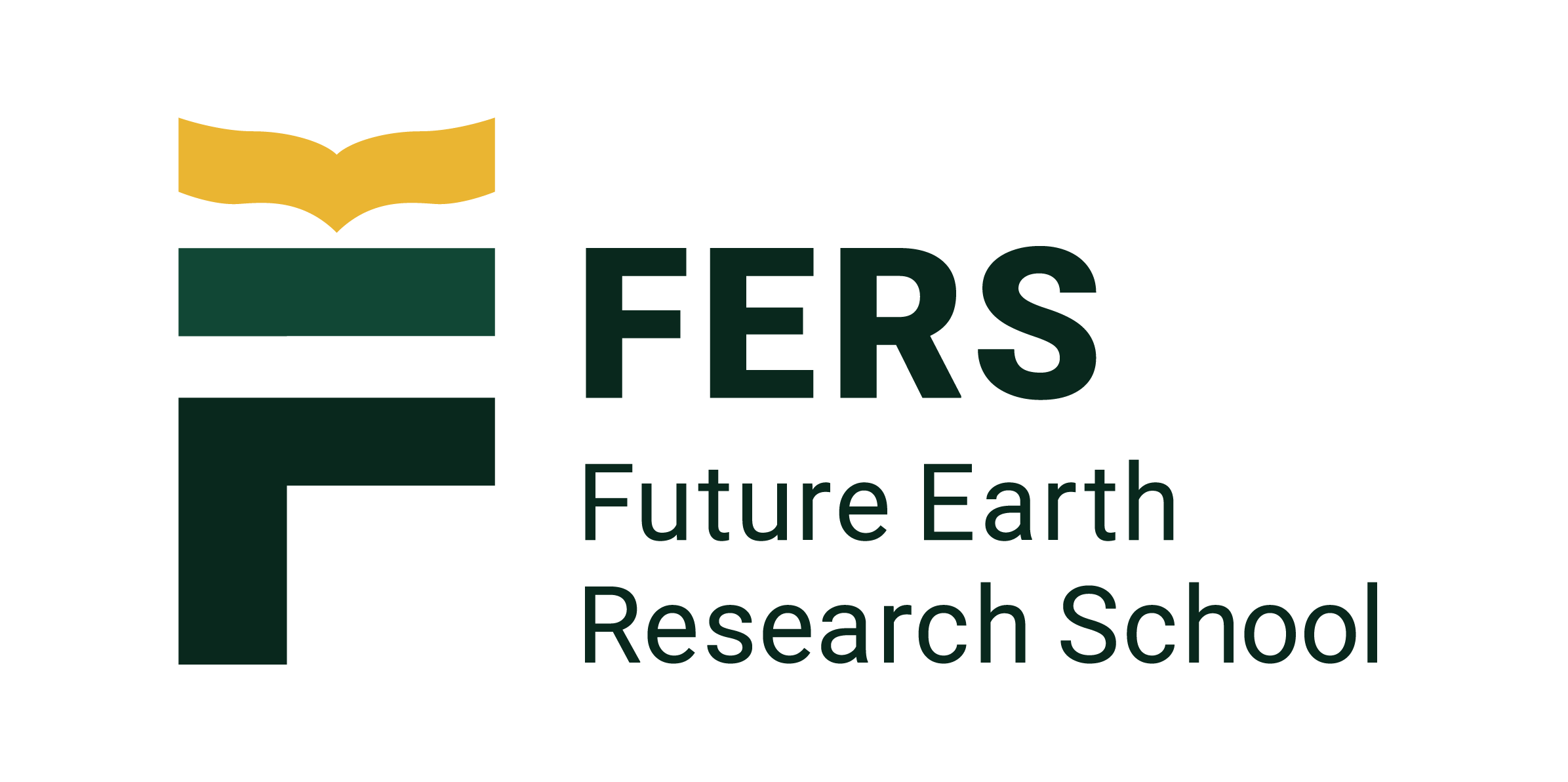We are proud to share that our Director was recently invited to participate in two interviews on informing the future directions of coastal resilience, and the role of science in shaping and its relationship with policy.
The first, featured in the CMCC Foresight article titled “Rising seas, rising challenges: Informing the future directions of coastal resilience” by Francesco Bassetti (March 14, 2025), explored the urgent need to integrate scientific foresight into planning for sea level rise and coastal adaptation. The interview focused on the first European Assessment Report on Sea Level Rise, which highlights the urgent need for region-specific data and strategies to address the complex, long-term impacts of rising seas across Europe. It offers policymakers and coastal planners practical guidance on adaptation—emphasizing nature-based solutions, stakeholder engagement, and the importance of bridging knowledge gaps through coordinated scientific and policy efforts.
The second, conducted by the REGILIENCE project and titled “The MAGICA art of convening science and policy for meaningful climate action”, focused on the importance of building bridges between researchers and policymakers to drive more impactful climate solutions. MAGICA, a Horizon Europe-funded initiative also Coordinated by FERS Director, aims to accelerate the transfer of climate knowledge from research to practice by fostering dialogue among scientists, policymakers, and climate practitioners. Through events like the European Climate Change Adaptation Conference 2025 (ECCA2025 is integral part of the Equinox Process) and the Climate Neutrality Forum, MAGICA creates a platform for collaboration on climate adaptation and ensures that scientific insights reach those who can turn them into meaningful action.
In both interviews, our Director emphasized the value of participatory processes, long-term thinking, and inclusive dialogue across sectors.
These themes resonate strongly with the mission of the FERS School, where we are committed to training the next generation of leaders to navigate complex environmental challenges through facilitation of meaningful exchanges, interdisciplinarity, and informed forward-thinking approach.
Here you can find the full version of the first article and second article.


